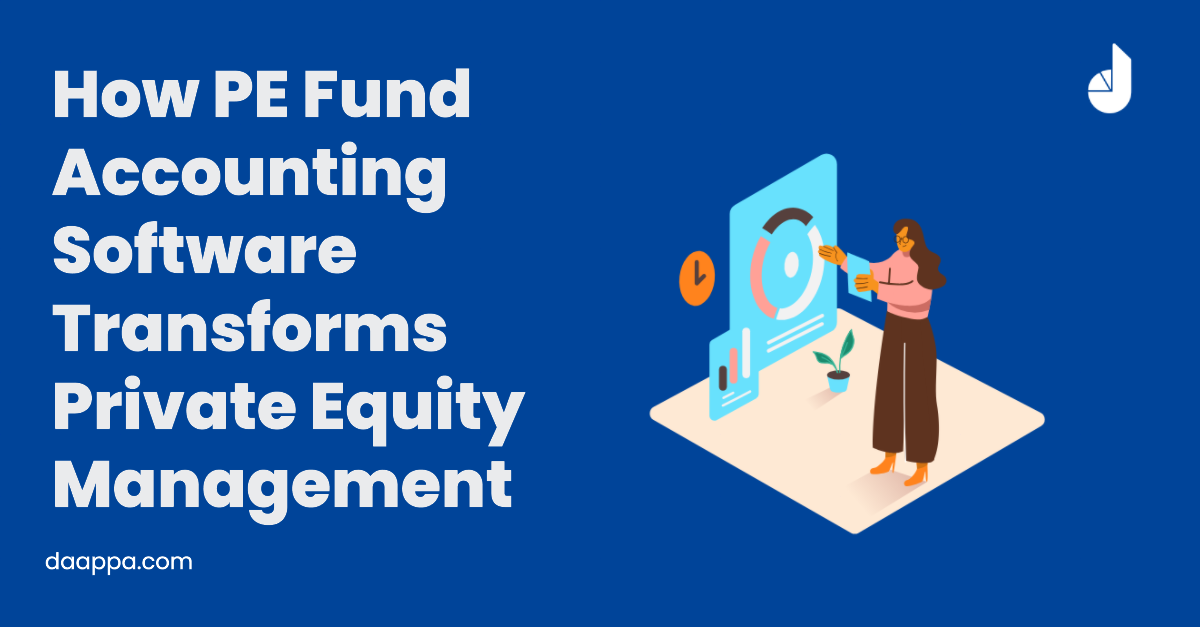How PE Fund Accounting Software Transforms Private Equity Management
In today’s competitive private equity (PE) landscape, precision and performance are inseparable. Fund managers are under mounting pressure to deliver transparency, maintain...
In today’s competitive private equity (PE) landscape, precision and performance are inseparable. Fund managers are under mounting pressure to deliver transparency, maintain compliance, and demonstrate efficiency—all while navigating increasingly complex portfolios. That’s where PE fund accounting software steps in, transforming how private equity firms manage operations and reporting.
Legacy systems and spreadsheets may have served the industry in its early days, but they now pose serious operational risks. From version control errors to inconsistent data sources, outdated processes are no longer sustainable.
Modern private equity fund accounting software solves these problems by offering integrated tools that manage everything from capital calls and distributions to fee calculations and audit trails. This not only ensures accuracy but also significantly reduces time spent on routine reconciliations.
.
Reduce manual intervention with rules-based automation for journal entries, NAV calculations, and partner allocations.
Regulatory complexity is growing. With private equity accounting software, GPs gain access to audit-ready data, pre-built reporting templates, and real-time alerts for regulatory deadlines.
As firms expand across geographies or asset classes, the software must scale with them. Cloud-based platforms offer global accessibility, security, and adaptability for cross-border investments.
Investors expect transparency. With dynamic dashboards and real-time analytics, PE firms can respond swiftly to LP queries, track IRR or MOIC, and make timely decisions.
As investor expectations rise and fee pressures increase, operational efficiency is no longer a back-office concern—it’s a strategic imperative. Deploying robust PE fund accounting software gives firms a competitive advantage by enhancing fund lifecycle management, improving investor communication, and enabling better compliance.
It also allows CFOs and finance teams to shift their focus from transactional tasks to strategic value creation.
Implementing the right private equity fund accounting software isn’t just about ticking compliance boxes—it’s about future-proofing your fund operations. At daappa, we understand that fund managers don’t just need software—they need solutions tailored to the realities of managing complex structures, cross-border strategies, and evolving LP demands.

In today’s competitive private equity (PE) landscape, precision and performance are inseparable. Fund managers are under mounting pressure to deliver transparency, maintain...
.png)
Amid rising operating costs and a shortage of experienced talent in Europe’s financial services sector, daappa Ltd and OneNexus Outsourcing Services LLP announce a strategic...

With the introduction of CSSF Circular 24/856 on 1 January 2025, private market fund managers operating in Luxembourg face stricter oversight on NAV calculation errors, investment...